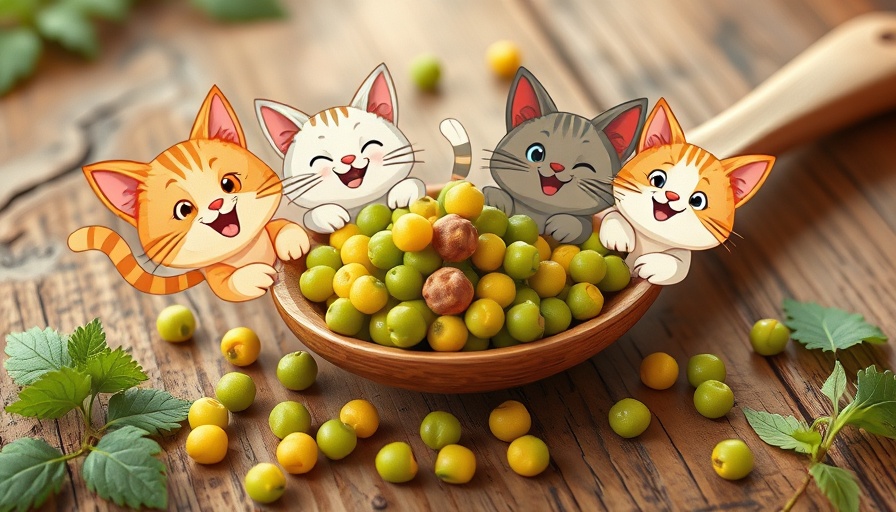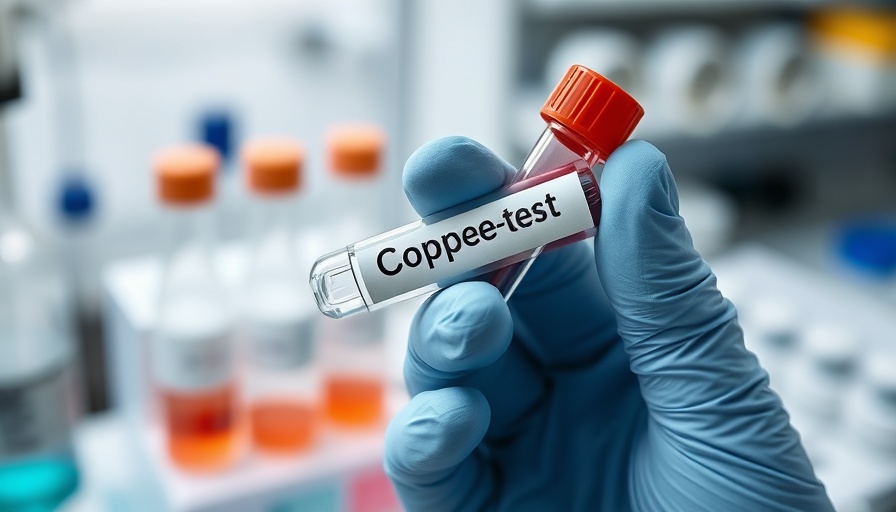
Can Your Pets Benefit from Capers? A Deep Dive into Pet Nutrition
As pet owners, we often wonder what delicious treats we can share with our furry family members. Capers, those little green buds that add a burst of flavor to Mediterranean dishes, may be one of those intriguing options worth considering. But can pets safely enjoy these flavor-packed goodies?
The Power of Capers: What’s Inside?
Capers are the unopened flower buds of the caper bush (Capparis spinosa), thriving in the Mediterranean's sunny landscapes. Not just a gourmet addition to our pastas and pizzas, capers also boast a treasure trove of benefits that could support our pets' health. These tiny morsels are recognized as the richest known natural source of quercetin, an antioxidant that may help reduce inflammation and possibly ease conditions like atopic dermatitis in dogs.
Beyond quercetin, capers contain a range of phytochemicals, including rutin and kaempferol. Rutin exhibits strong anti-inflammatory properties, making these little buds more than just a culinary accessory; they could potentially enhance your pet’s overall health.
Processing Matters: How to Safely Share Capers
Before you start incorporating capers into your pet’s diet, it’s critical to consider how they are processed. Fresh and uncured capers are safe for pets, but they have a bitter and astringent taste that might not appeal to all animals. If you want to treat your furry friend, choose capers that are packed in olive oil rather than those in salt brine, which can be harmful due to their high sodium content.
Capers and Pet Health: Everything You Need to Know
While the nutritional promise of capers has been studied, it’s essential to remember that moderation is key. Offering your pet small amounts of capers, particularly those packed in olive oil, can be a fun way to spice up their meals. Always consult your veterinarian before making any significant changes to your pet’s diet, especially when exploring the introduction of new foods. This approach ensures that you are considering your pet's individual health needs and sensitivities.
Common Misconceptions About Pet Nutrition
There are several myths surrounding pet nutrition that often confuse even the most conscientious pet owners. One common misconception is that all human foods are safe for pets. However, various foods — like grapes, chocolate, and onions — can be toxic to animals. Understanding what can be safely shared speaks volumes about the dietary choices we make for our pets. Capers may naturally be low in allergens and high in antioxidants, but always proceed with caution.
Engaging with Your Pets: The Power of Healthy Treats
Sharing healthy treats with your pets can strengthen your bond and bring joy to your daily routines. Whether through health-promoting foods like mashed bananas or tiny servings of capers, being mindful of what we give our pets ultimately translates into happier, healthier companions. Make the time spent preparing meals together an experience filled with love and care.
Join the Pet Wellness Conversation!
The conversation about pet health is more vital than ever. Understanding the foods that benefit our animals can positively influence their quality of life. Don't hesitate to share insights and experiences with other pet owners in your community to further deepen your understanding of pet wellness!
Remember, small changes can lead to significant impacts on your pet’s health. Explore the exciting world of pet nutrition and discover the endless ways to keep your loved ones thriving!
For deeper insights into pet health and nutrition, subscribe to our newsletter, which offers expert tips and guidance that will help you care for your furry friend. You won’t want to miss out on valuable info!
 Add Row
Add Row  Add
Add 




Write A Comment